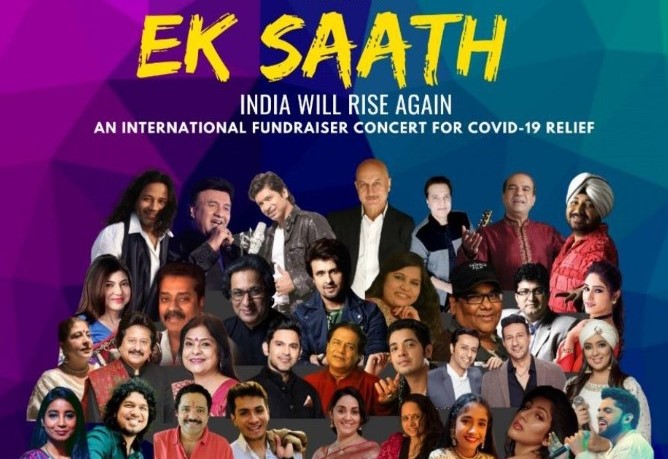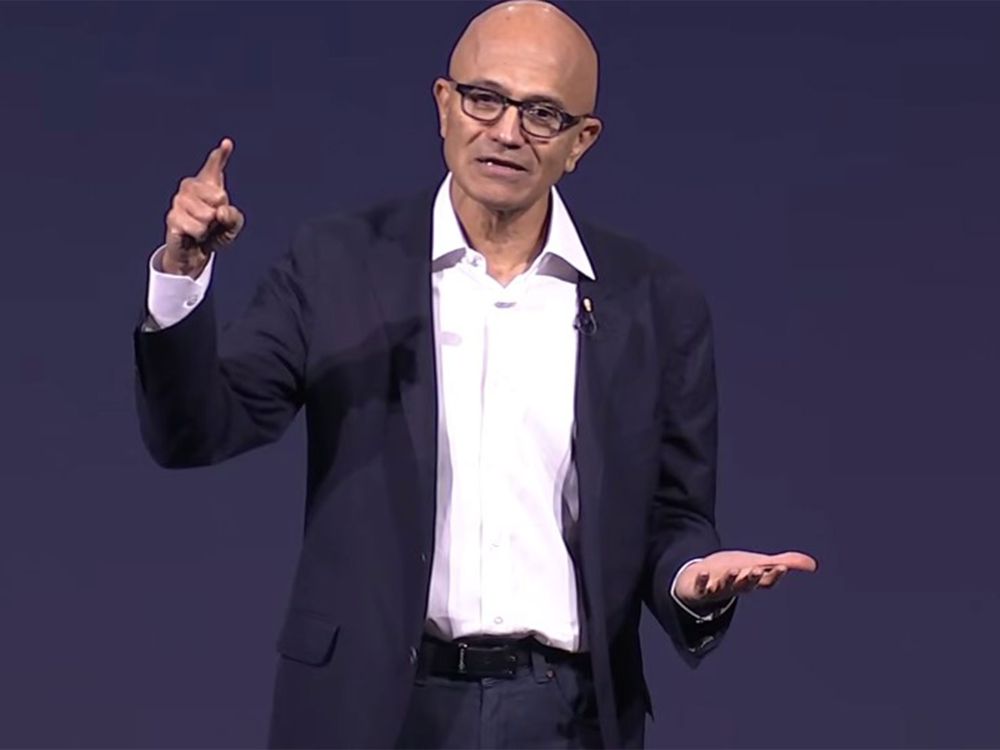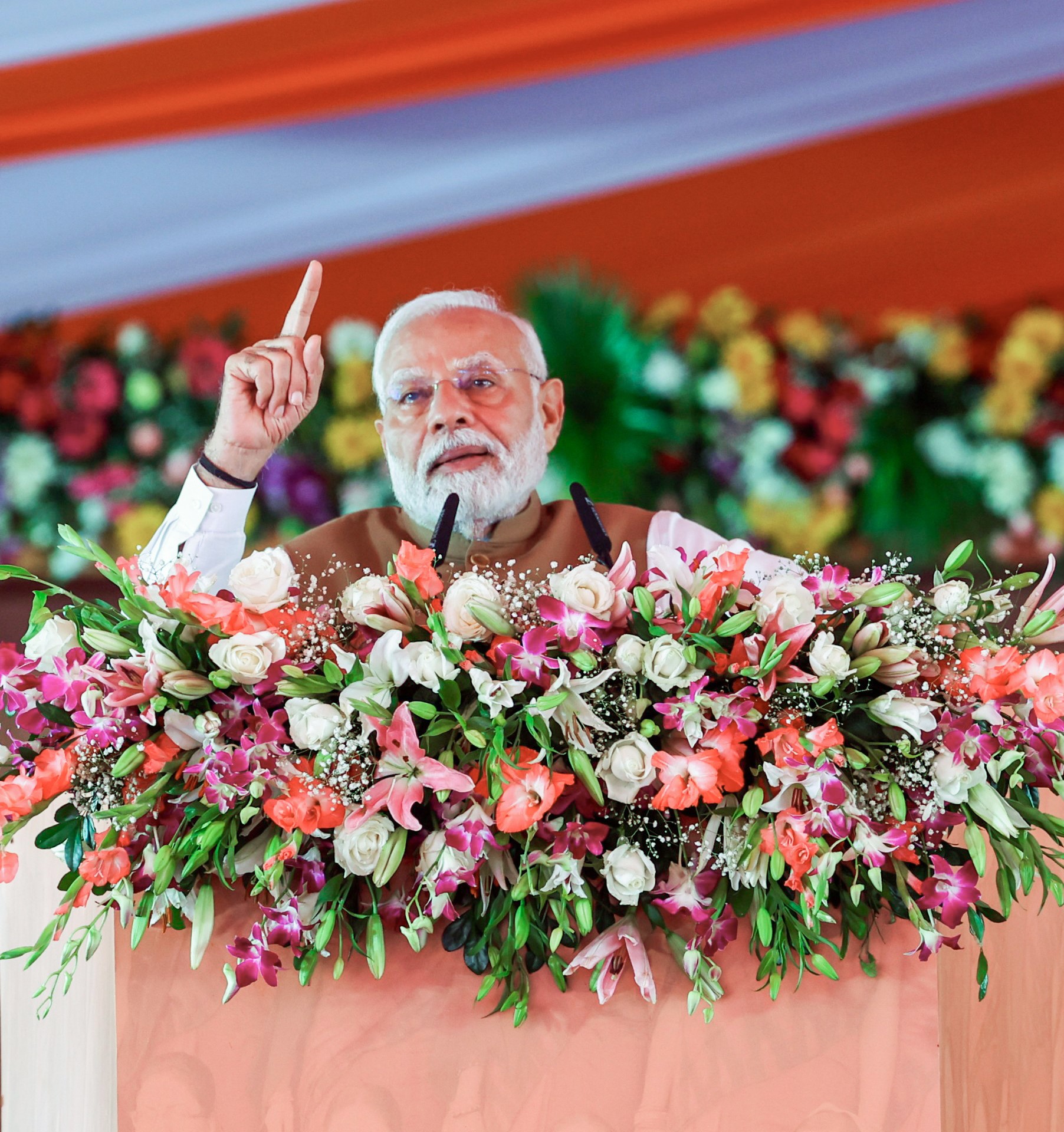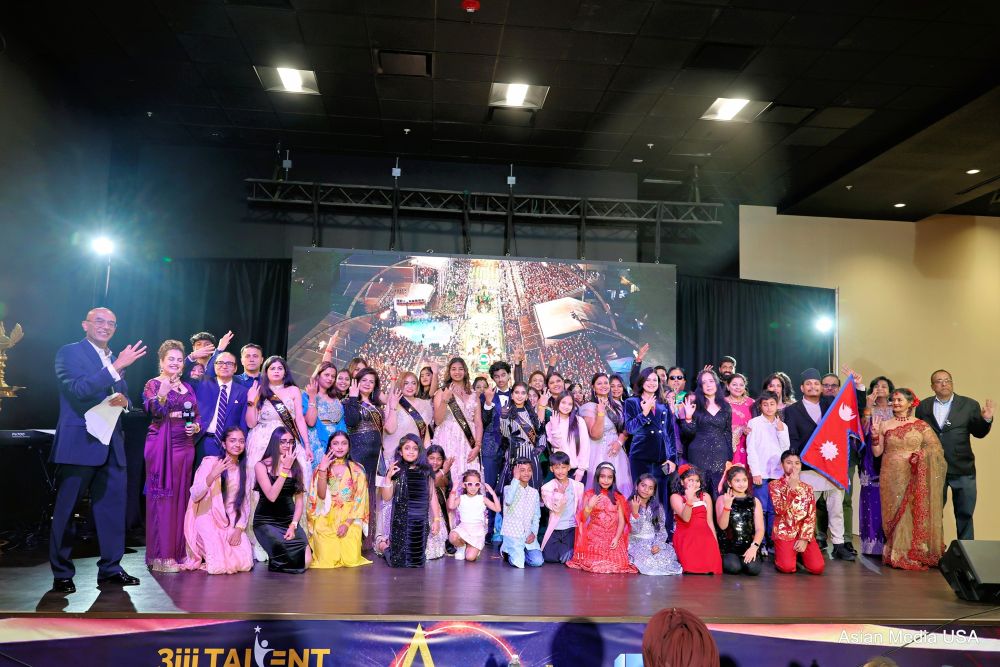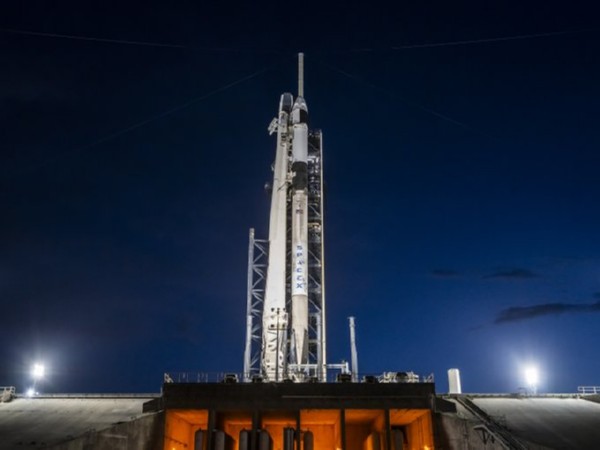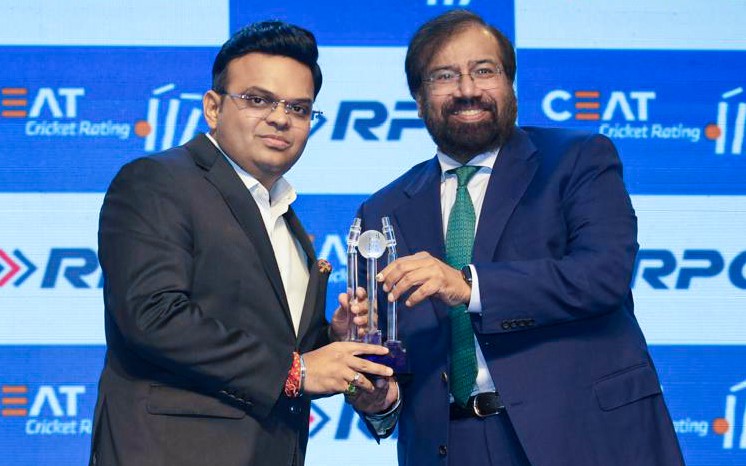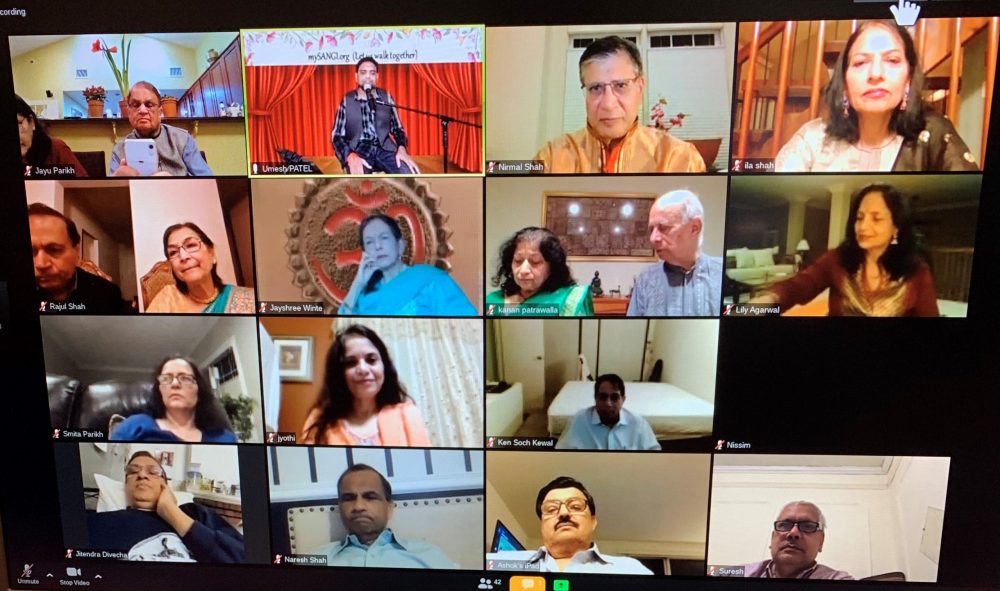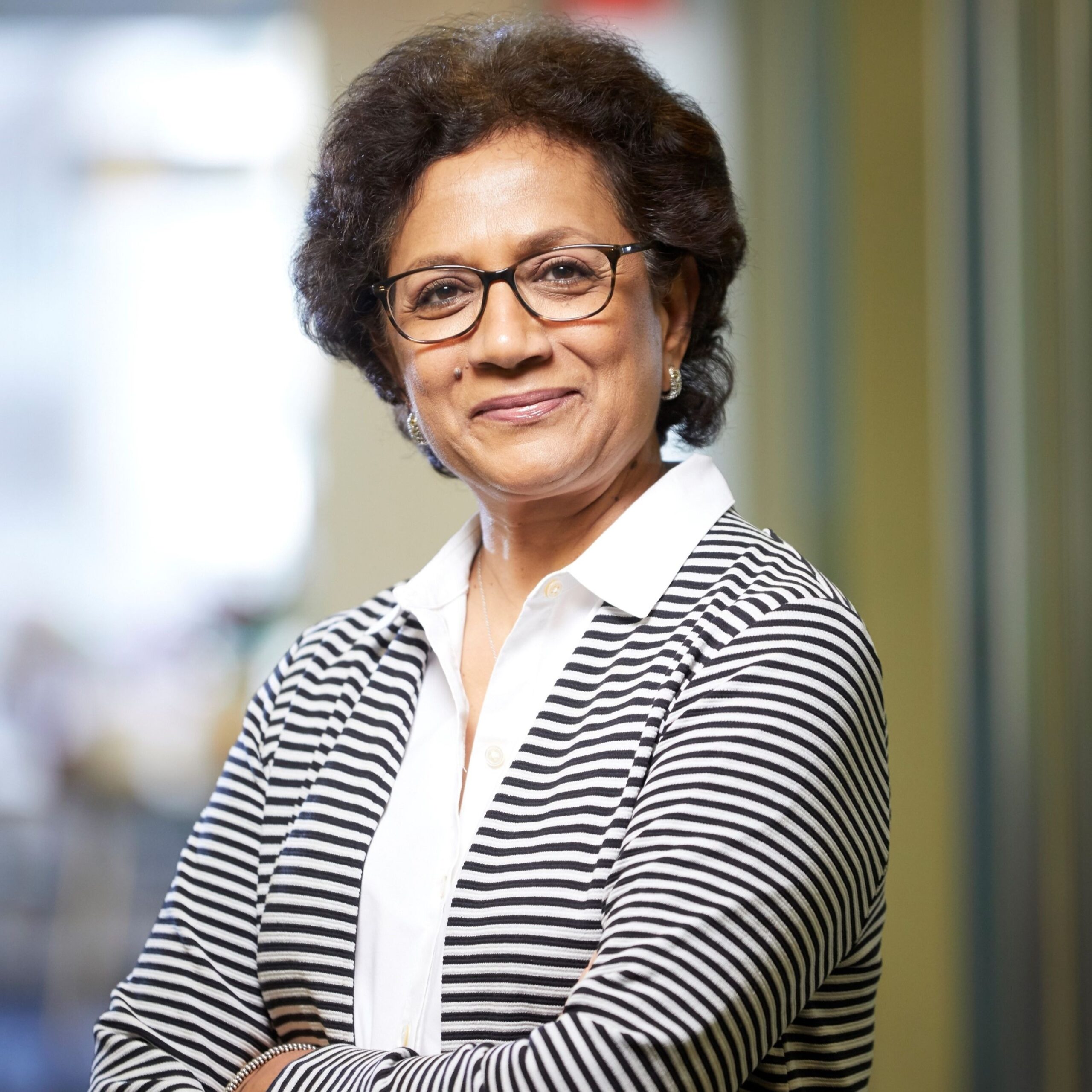Amid its worst economic crisis since independence with food and fuel shortages, a new government takes charge of the country. Can it improve relations with India as it tries to put the economy back on track?
Our Bureau
Colombo/New Delhi
Ranil Wickremesinghe, the leader of the United National Party (UNP) of Sri Lanka, took over as the country’s Prime Minister for a record sixth term on Thursday to restore stability in the island nation in the midst of a political impasse and unprecedented economic crisis.
After three days of curfew in the Island nation, the defence forces of Sri Lanka on Tuesday were ordered by President Gotabaya Rajapaksa to shoot at sight all those who plunder public property or cause personal harm.
But on Thursday, the oath-taking ceremony took place even as the leader of the Opposition and Samagi Jana Balawegaya (SJB) head Sajith Premadasa said that his party will “devise a strategy” if UNP leader Ranil Wickramasinghe is made the prime minister of the country. The tables have seemed to turn in Sri Lankan politics, as just 4 years ago in 2018, Wickremesinghe’s fifth term in power was abruptly brought to an end when Sajith Premadasa, then supported by Ranil Wickremesinghe was defeated by Gotabaya Rajapaksa by more than 13 lakh votes in a presidential election.
Although having taken the role of the head of the government on five previous occasions, Wickremesinghe, born in an affluent and well-connected family in 1949, has never completed his term in any of his previous stints.
Shortly after being appointed as Sri Lankan Prime Minister, Ranil Wickremesinghe on Thursday said he has taken up the challenge of uplifting the island nation’s crisis-ridden economy and added that ties with India will get much better under his government.
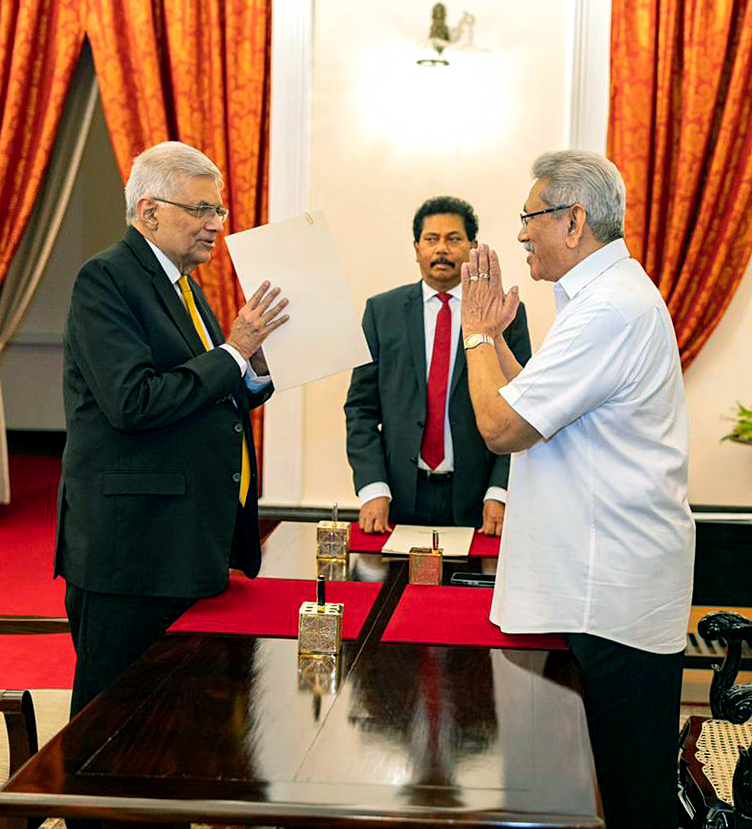
“I have taken on a challenge of uplifting the economy and I must fulfil it,” Wickremesinghe told reporters. Answering a question on India-Sri Lanka ties after his appointment, he said, “It will become much better.”
“They should stay. We want them to stay. If they want to talk, yes,” Wickremesinghe when asked about the protesters.
The Indian High Commission in Colombo reiterated the country’s commitment to the people of Sri Lanka after Ranil Wickremesinghe was sworn in as the prime minister.
“High Commission of India hopes for political stability and looks forward to working with the Government of Sri Lanka formed in accordance with democratic processes pursuant to the swearing-in of Hon’ble @RW_UNP as the Prime Minister of Sri Lanka,” the high commission said in a tweet.
“India’s commitment to the people of Sri Lanka will continue,” it added.
Mahinda Rajapaksa stepped down as the prime minister on Monday, following violent incidents reported between pro-government groups and anti-government protesters.
Wickremesinghe was first elected to the Sri Lankan parliament in 1977 at the age of 28 years winning the Kelaniya-Biyagama electorate, his party United National Party’s (UNP) website said.
The following year in September 1978, he was elevated to Cabinet rank by President Jayawardene, as Sri Lanka’s first Minister of Youth Affairs and Employment. He was the youngest Cabinet Member in Sri Lanka at the time. While holding this portfolio, he was additionally appointed Minister of Education in February 1980, the website further said.
Having had an early start in politics, Wickremesinghe also had a young start at what would eventually become a number of small stints as the Prime Minister of his country.
In May 1993, Ranil Wickremesinghe became the Prime Minister of Sri Lanka for the first time at a relatively young age of 44.
However, over the course of the next 30 years, the University of Colombo Law graduate was never able to hold on to power for the entirety of his term.
Wickremesinghe’s sixth stint in power is unlikely to be a smooth sail either, as he takes over the country, amid large scale violent anti-government protests, a devastated economy as well as a severely fragmented politics.
Sri Lanka is facing its worst economic crisis since independence with food and fuel shortages, soaring prices and power cuts affecting a large number of the citizens.
At the same time, the country continues to negotiate with the International Monetary Fund (IMF) to bail out its struggling economy.
It is to be seen, how Wickremesinghe assuages the anti-government protestors in the near term, with President Gotabaya Rajapaksa, the central figure whose ouster is being sought by the protestors, still in place.
Meanwhile, amid the ongoing political crisis in Sri Lanka, including large scale anti-government protests that turned violent on Monday, the country has found for itself new selfie points near burnt buses and cars submerged in ponds outside the Prime Minister’s residence in Colombo.
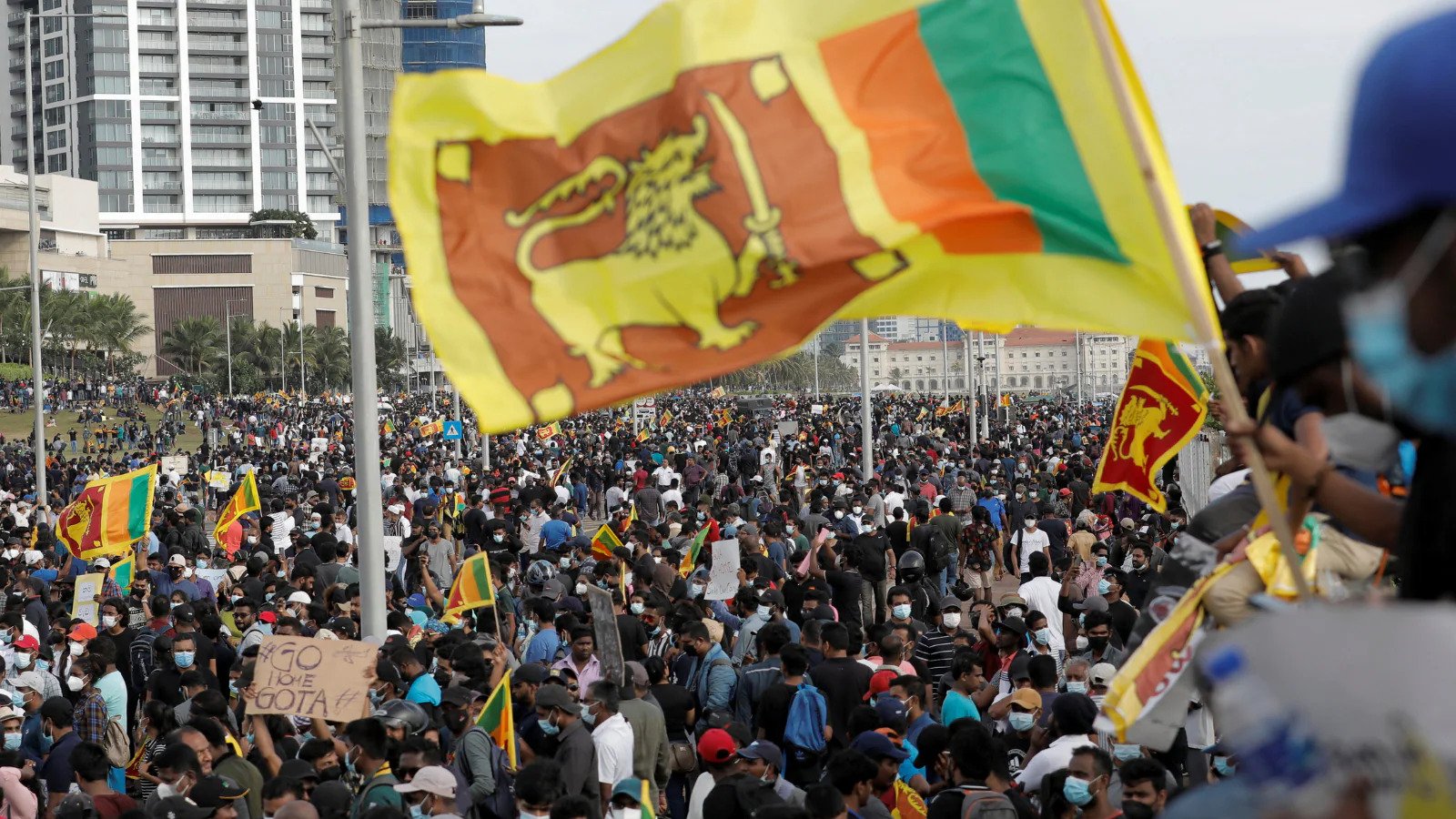
Outside the office of the Prime Minister near Temple Tree, which was not till long ago occupied by the now-former Prime Minister Mahinda Rajapaksa, people were seen walking on the streets with their families and cars submerged in the ponds becoming an attractive selfie point for them.
People can also be seen taking selfies on the buses that were set to flames by the protesters.
The protests in Sri Lanka which were going on relatively peacefully for weeks turned violent on Monday after alleged attacks launched by the ruling Sri Lanka Podujana Peramuna (SLPP) loyalists on anti-government protesters near the Temple Trees and at the Galle Face Green in Colombo.
Mahinda Rajapaksa and some of his family members were shifted to Trincomalee Naval Base, a day after he resigned following violent protests.
Several buses were burnt and cars fell into ponds near the PM’s residence in Colombo. Yet people continue to protest against Sri Lanka and demand President Gotabaya Rajapaksa’s immediate resignation in connection with the worst economic and political crisis in the country.
Sri Lanka is facing its worst economic crisis since independence with food and fuel shortages, soaring prices and power cuts affecting a large number of the citizens, resulting in massive protests over the government’s handling of the situation.
The recession is attributed to foreign exchange shortages caused by a fall in tourism during the COVID-19 pandemic, as well as reckless economic policies, like the government’s move last year to ban chemical fertilizers in a bid to make Sri Lanka’s agriculture “100 per cent organic”.
Mahinda Rajapaksa, who recently tendered his resignation from the position of the Prime Minister of Sri Lanka, has been barred from leaving the country by a local court, media reports said.
The travel ban has also been imposed on Mahinda Rajapaksa’s son and former Minister Namal Rajapaksa, Johnston Fernando, Pavithra Wanniarachchi, C. B. Rathnayake, Sanath Nishantha, and Sanjeewa Edirimanne, among others, News Wire reported citing sources. “I personally will extend my fullest cooperation to any investigation that is taking place with regard to the unfortunate events that took place on Monday. Neither my father nor myself have any intention to leave Sri Lanka and will continue to remain here,” Namal Rajapaksa said in a tweet.
The ban was imposed by the Fort Magistrate consequent to an application made on behalf of the Attorney General of Sri Lanka supported by the Bar Association of Sri Lanka (BASL) and aggrieved parties of the attack on anti-government protesters in Colombo on Monday, the report said.
The application filed in the court related to the alleged attacks launched by the ruling Sri Lanka Podujana Peramuna (SLPP) loyalists on anti-government protesters near the Temple Trees and at the Galle Face Green in Colombo on Monday that led to widespread unrest across Sri Lanka.
More than a hundred protestors were injured at the Galle Face protest site during violent clashes resulting in a nationwide curfew in the country with the country’s tri forces ordered to shoot at sight all those who plunder public property or cause personal harm on Tuesday.
Mahinda Rajapaksa and some of his family members were shifted to Trincomalee Naval Base, a day after he resigned following violent protests that led to a nationwide curfew.
As the new Prime Minister takes charge of the country in the middle of an unrest, the Sri Lankans face enormous challenges. It won’t be an easy task for the new government either as it tries to restore order at home and attempts to maintain good relations with both India and China.

















